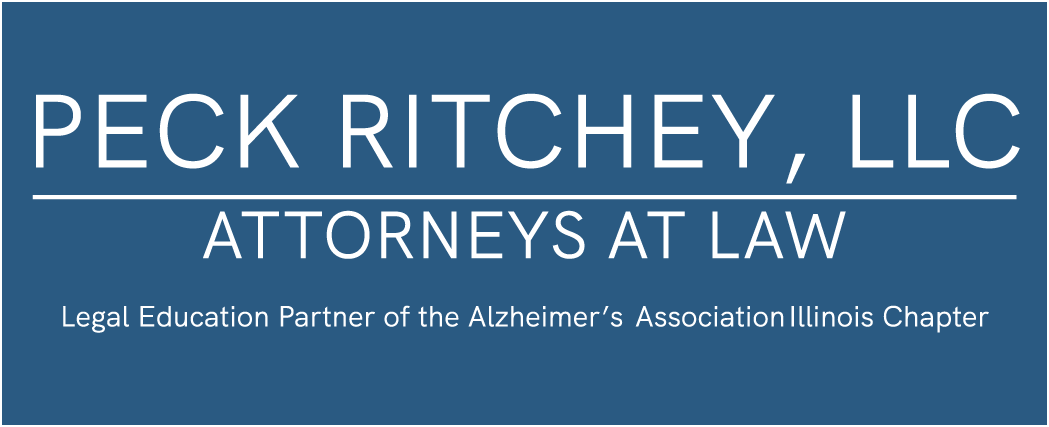As a loved one gets older, there becomes a fine line between the effects of old age and “dementia.” When it comes to guardianship: taking away the loved one’s ability to make personal, financial and medical decisions, be careful not to attribute serious disabling conditions to the “normal effects of aging,” but also not over exaggerate common forgetfulness or a deteriorating physical condition.
Always seek professional diagnosis and guidance.
The law assumes all adults have decisional capacity, unless proven otherwise by a qualified medical specialist and Judge. A comprehensive, multi-disciplinary evaluation, including an evaluation by a specialist, is preferable. When the doctor is completing the report they will analyze any mental or physical conditions which affect the patient’s memory, judgment, comprehension, and ability to make decisions. The focus is on the individual’s decision-making abilities, rather than on age, physical, or mental condition.
Remember: capacity is not an all or nothing concept: It runs along a continuum and can vary according to time of day, tasks presented, and life stressors.
All competent adults in our society have the right to make mistakes, exercise poor judgment, and make choices contrary to their best interests. The issue is not whether the person can make a “good” decision, or the “right” decision, but rather can they understand the various options and then choose a course of action, based upon reasons of importance to them.
Disagreement with recommendations of medical providers and refusal to cooperate with efforts to prevent or rectify physical, emotional or financial abuse are not justifications for the imposition of guardianship. If a person is capable of understanding the available options, and deciding what he wants, guardianship is not appropriate, even if the chosen course of action is contrary to the person’s own best interests.
To avoid paternalism with respect to decisions of an older adult, determine whether it is the decision, or the decision-making capacity, that is truly at issue: consider whether a 30-year-old non-disabled person would have the right to make the same decision without interference by those who would seek to “protect” the person “from his own folly.”














